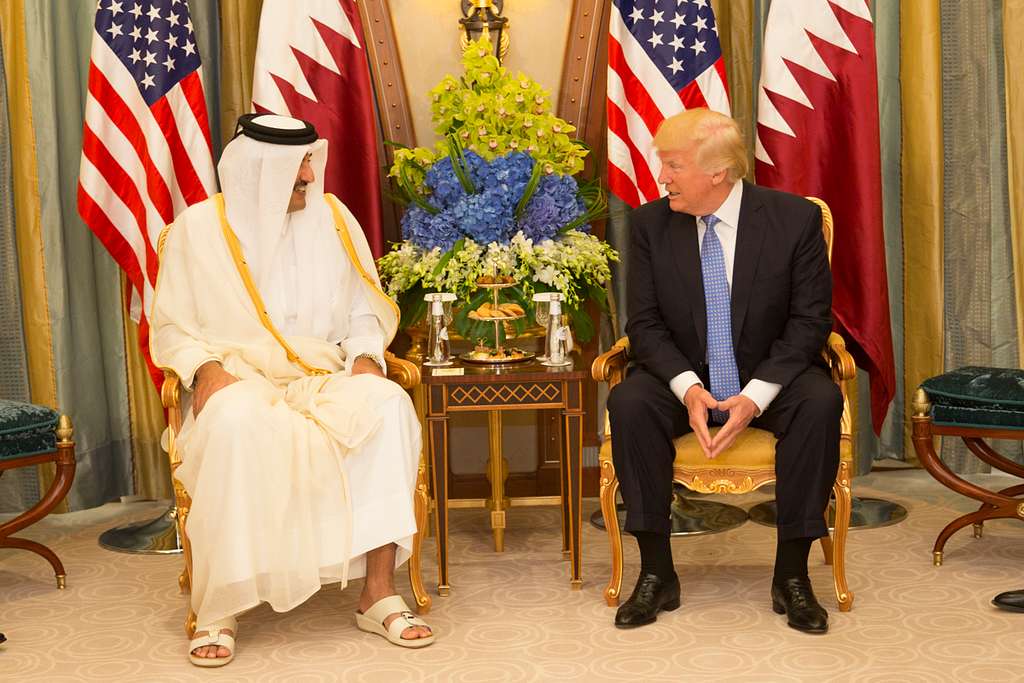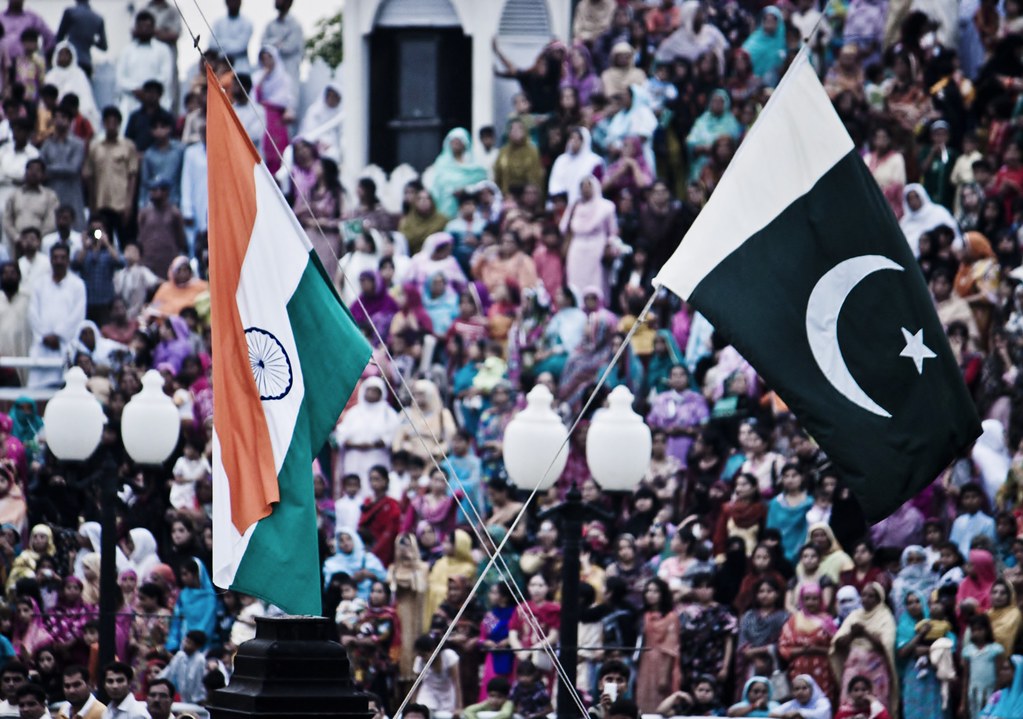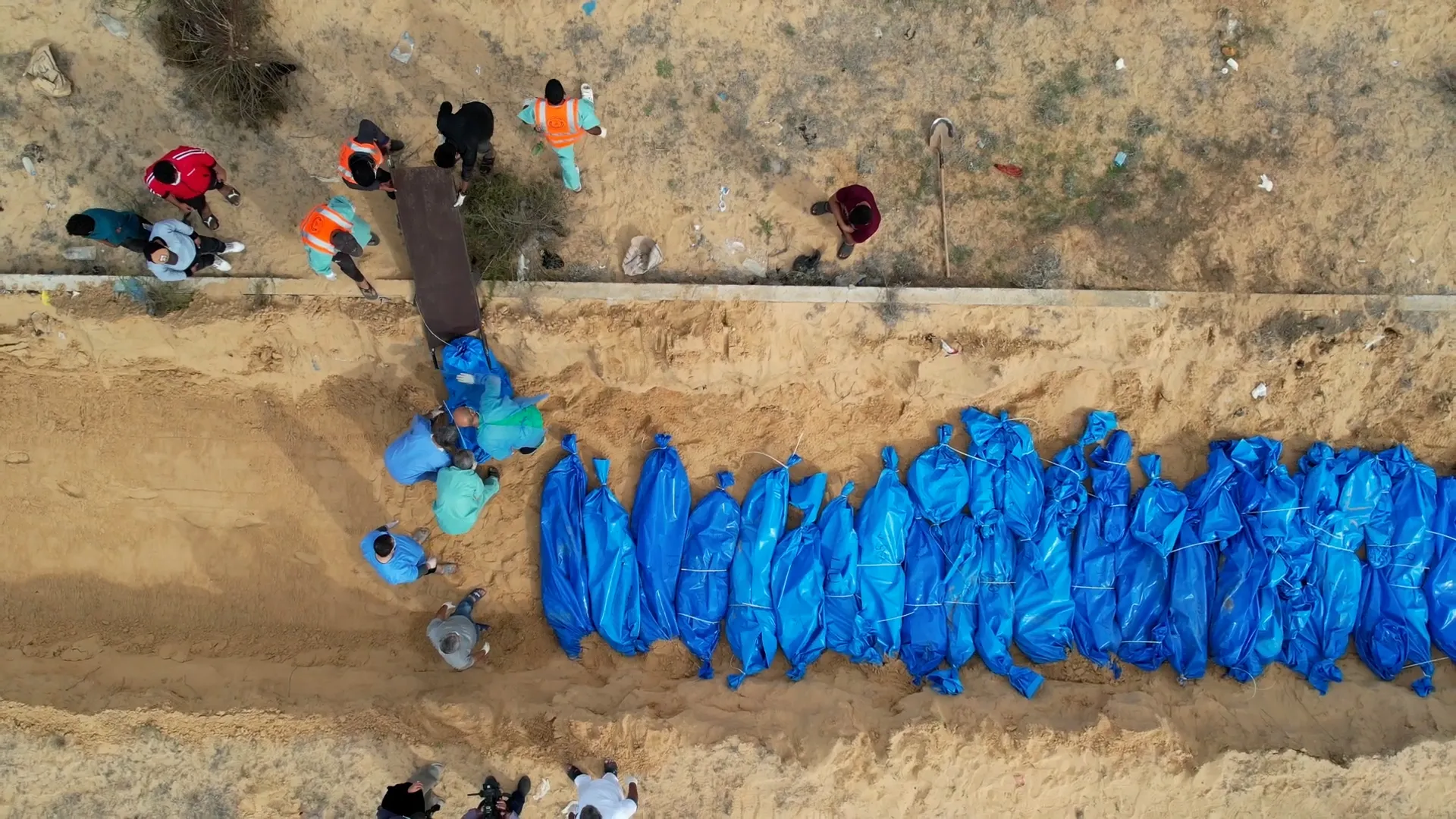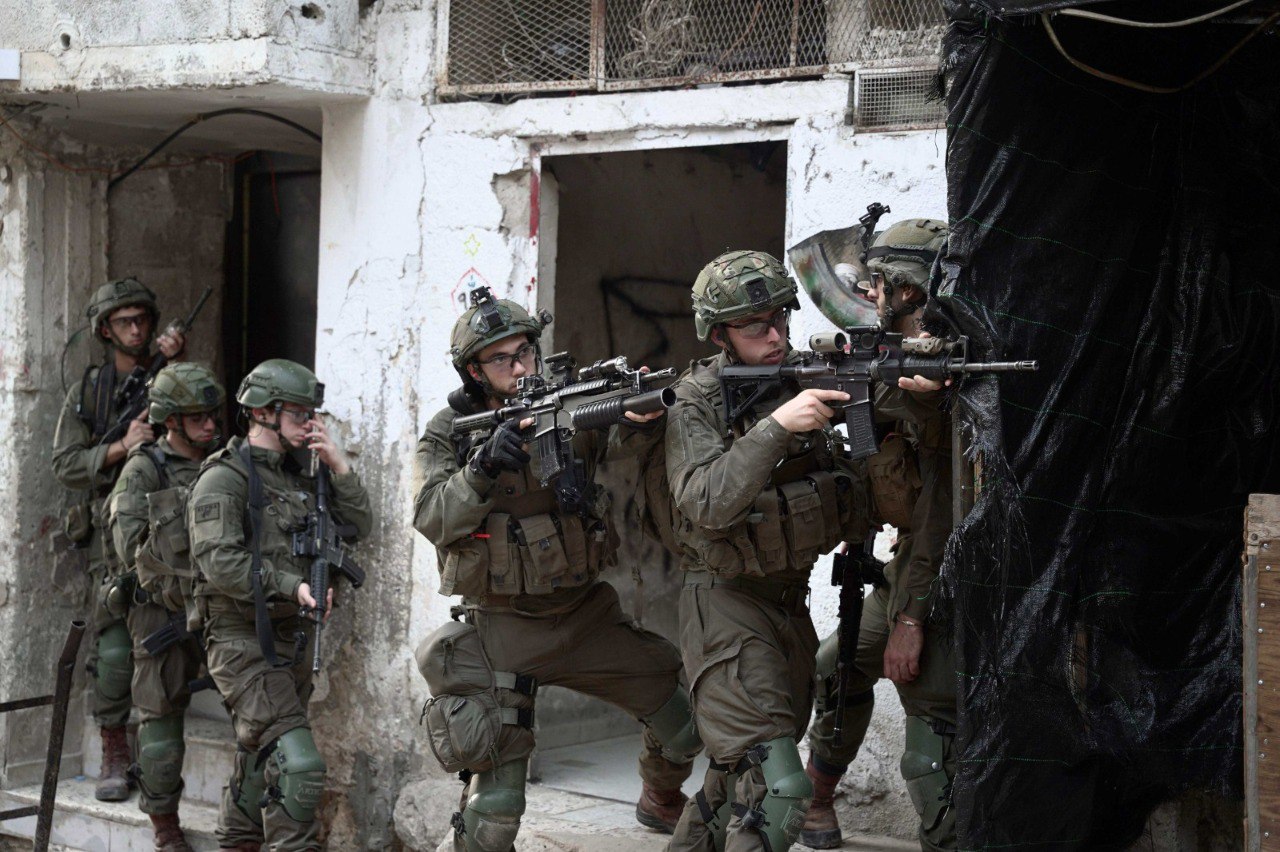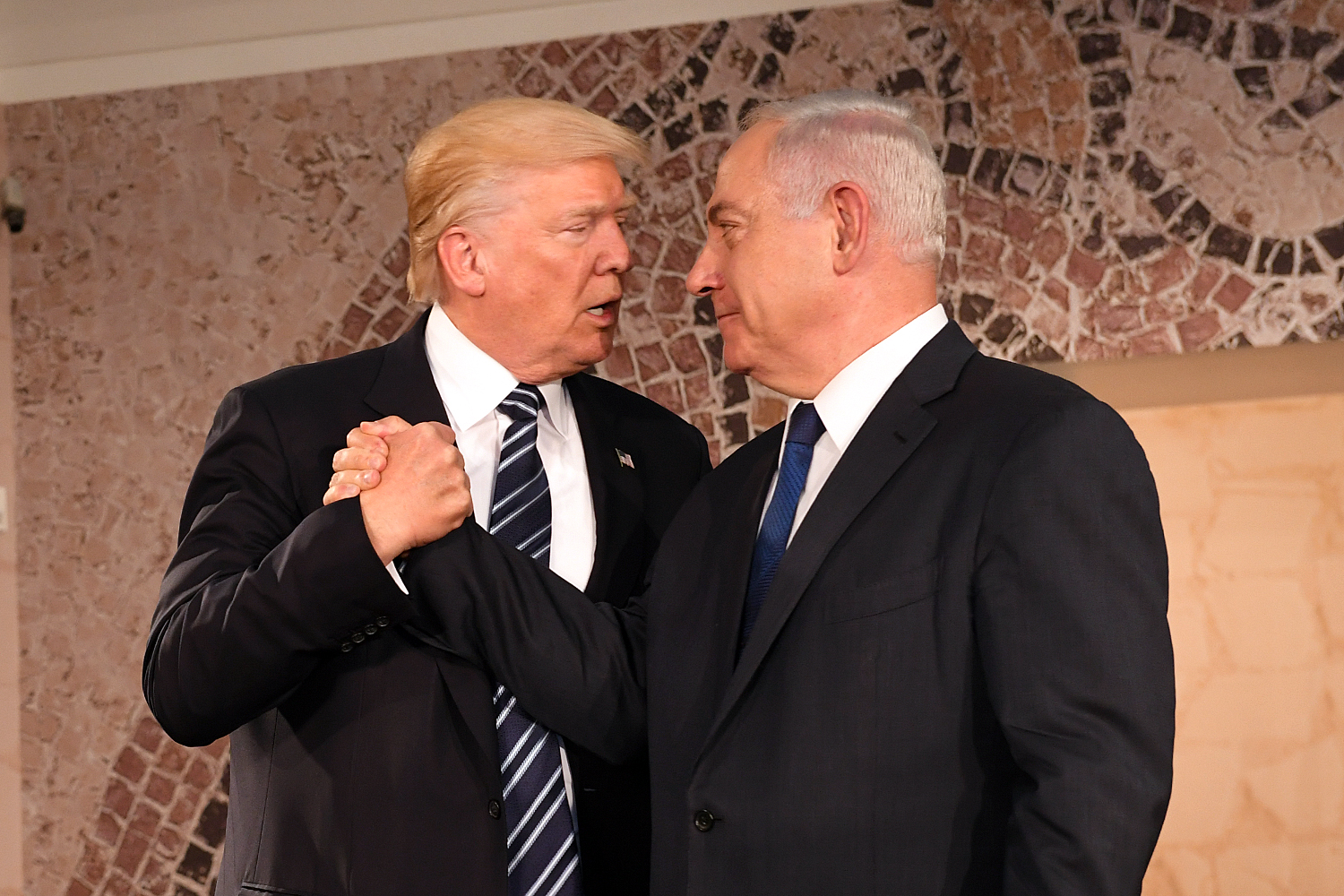The Trump administration has ordered U.S. consulates and embassies worldwide to begin vetting the social media of all visa applicants who have visited the Gaza Strip since 2007, marking a sweeping escalation in its immigration and national security policies. The directive was outlined in a State Department cable dated April 17, 2025, and signed by Secretary of State Marco Rubio. It applies to both immigrant and non-immigrant visa categories and includes individuals who traveled to Gaza as diplomats, humanitarian workers, or NGO staff.
According to the cable, consular officers are required to conduct comprehensive reviews of applicants’ social media posts for any content related to Gaza. If anything is deemed potentially “derogatory” from a security standpoint, officers must submit a Security Advisory Opinion (SAO), prompting a full interagency review involving intelligence and homeland security officials. The stated goal is to identify individuals who may pose a national security threat to the United States, although the criteria for what constitutes a “derogatory” post remain undefined.
Human rights organizations and legal scholars have condemned the policy as a dangerous expansion of surveillance and a discriminatory tool aimed at silencing political dissent. Critics argue that the directive effectively penalizes individuals for lawful travel and expression, particularly those who have publicly criticized Israel’s actions in Gaza or expressed solidarity with Palestinians. The broad scope of the order also appears to disregard diplomatic immunity and humanitarian exemptions, casting suspicion on aid workers and international observers alike.
The cable follows a series of related immigration crackdowns that have disproportionately affected students, researchers, and activists. In March, a Turkish student named Rumeysa Ozturk was detained at Dulles International Airport and later deported after U.S. authorities reviewed her Instagram posts expressing support for Palestinian rights. Following that case, Rubio pledged to expand social media monitoring and revoke the visas of any individual “promoting anti-American narratives under the guise of humanitarianism.”
Visa revocations have surged in recent months, with hundreds of non-citizens reportedly removed from the United States, some of whom had previously held legal permanent residency. Advocacy groups have documented multiple instances where individuals were deported or denied entry based on their online speech, particularly posts referencing Gaza, occupation, or Israeli military actions. The American Civil Liberties Union has warned that these cases raise serious First Amendment concerns and violate long-established norms in immigration law.
The regime has defended the policy as a necessary tool to prevent terrorism and foreign interference. A State Department spokesperson said all visa applicants are “subject to continuous vetting” and that reviewing public online content is a legal and prudent step. When pressed on the lack of clear criteria for what constitutes a disqualifying post, the department declined to comment, citing operational security.
Legal experts point to the policy’s potential for abuse, especially given its vagueness and its application to people who traveled for diplomatic or humanitarian purposes. Several major international organizations, including the United Nations Relief and Works Agency (UNRWA) and Doctors Without Borders, have expressed concern that their staff may now face visa denials or retroactive penalties. Diplomatic missions have also questioned whether the order violates customary international protections for official travel.
Civil liberties groups have signaled that legal challenges are likely. The Center for Constitutional Rights released a statement calling the policy “a dangerous precedent of ideological screening” that will have a chilling effect on academic, journalistic, and humanitarian work. Already, several universities and NGOs have reported canceled trips to the U.S. or the withdrawal of invited guests due to fear of detention or denial at the border.
While the regime claims it is acting to safeguard American security, critics argue that the Gaza-focused policy is part of a broader effort to marginalize dissent, particularly voices critical of U.S. foreign policy in the Middle East. As these measures escalate, the boundaries between immigration enforcement and political censorship continue to blur.
Author
Discover more from The Crustian Daily
Subscribe to get the latest posts sent to your email.

